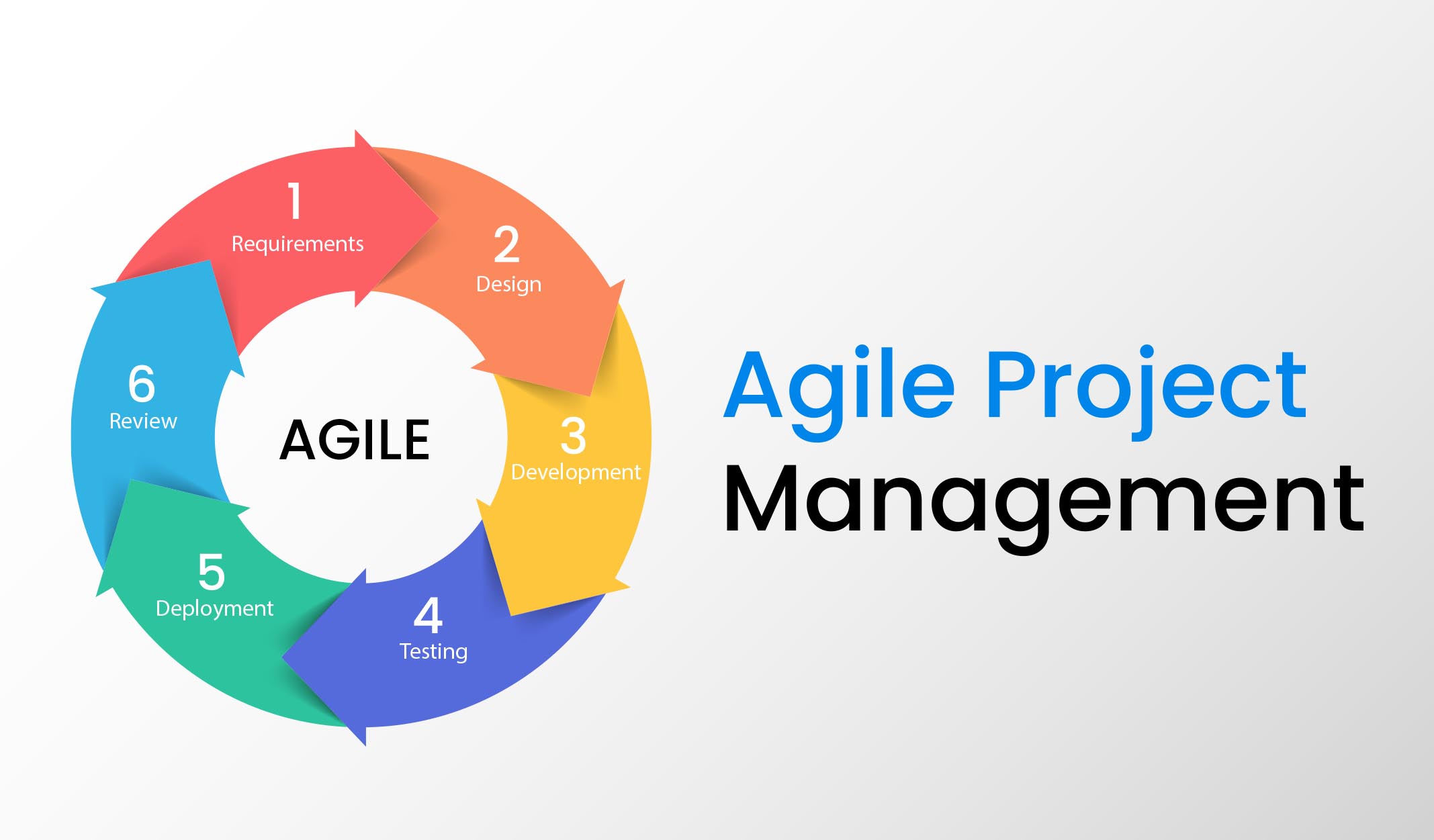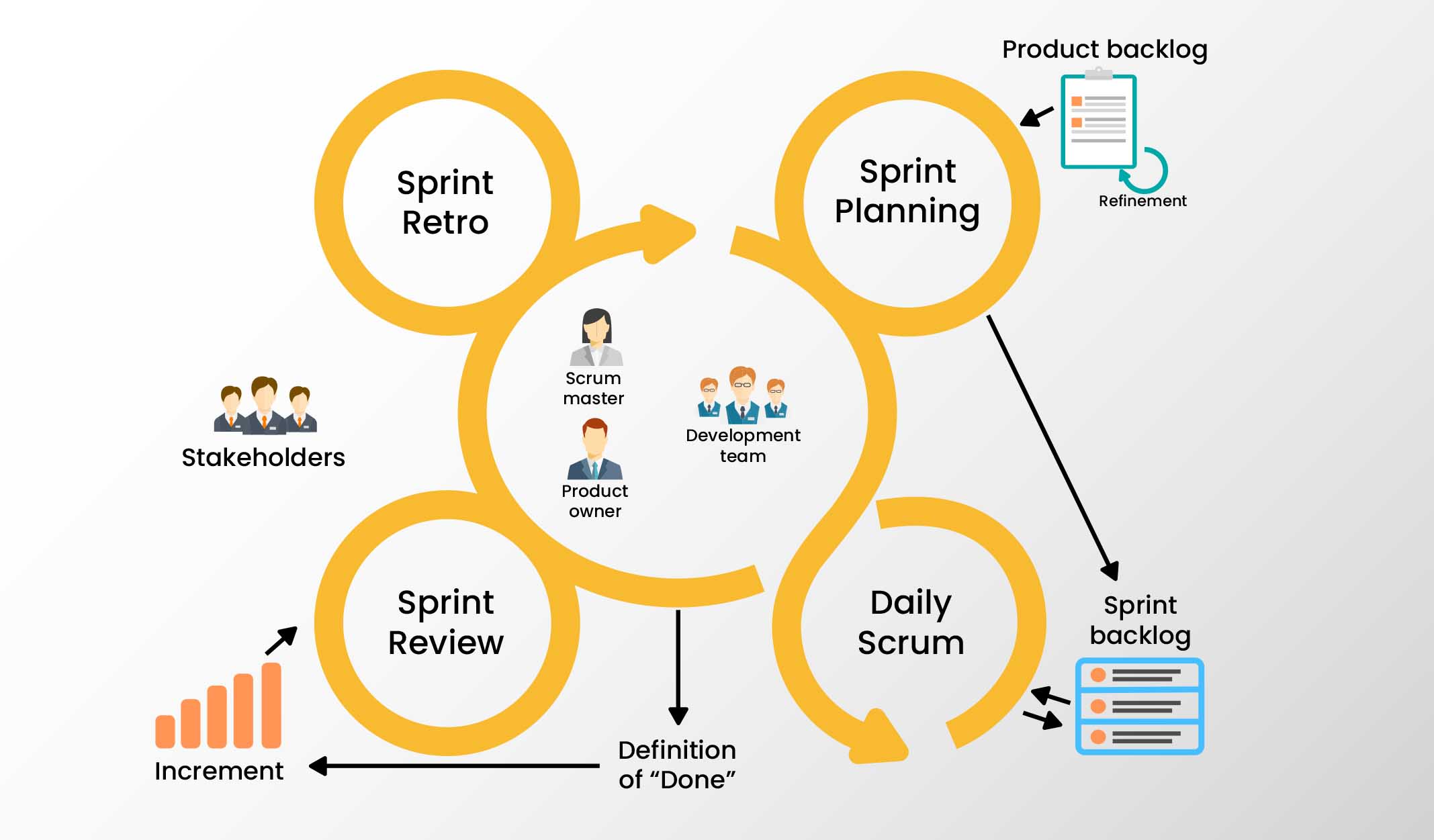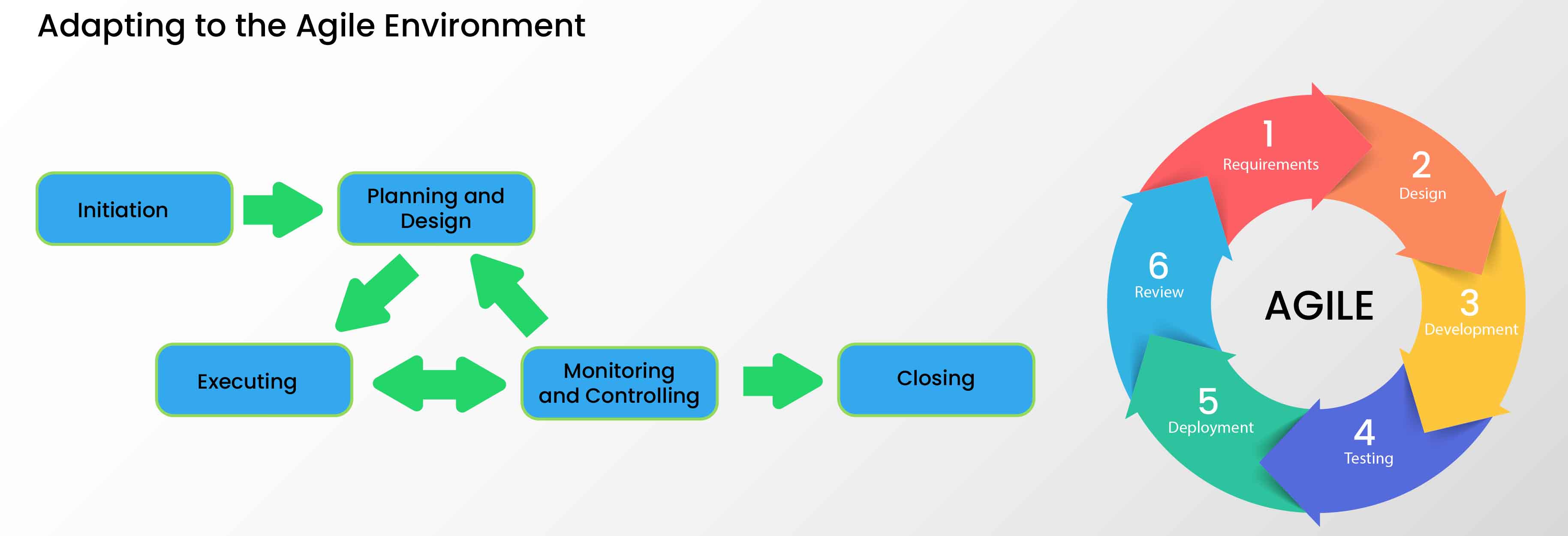The Evolving Role of Project Managers in Agile Enterprises

With Agile methodologies becoming more prevalent and customer needs changing, the role of project managers is constantly evolving in the fast-paced business environment. Although the traditional project manager role may not always be the best fit, many of the competencies that project managers possess remain highly relevant and are dispersed among different Agile roles. In this article, we will examine the evolving role of project managers in Agile enterprises, the shift towards Agile project management, and how project managers can adapt to the Agile environment by acquiring new skills and staying informed about the best practices in Agile project management.
The Traditional Project Manager Role
Project managers work on specific projects with definite outcomes, time limits, and restricted budget. Planning what needs to be done, when it needs to be done, and who will do it are a few of these activities. Some of the other responsibilities include examining and managing risks related to a given project, ensuring the work is done to the right standard, motivating the team of people involved in the project, coordinating work done by different people, ensuring the project is running on time and within budget, dealing with changes to the project as and when necessary, and ensuring the project delivers the expected outcomes and benefits.
The Shift to Agile Project Management
Transparency, customer focus, adaptability, sense of ownership, and continuous improvement are the five key components that make up the Agile approach in terms of project management. You always begin "Agile" by adopting an Agile mindset, and then experimenting to see what works best for you.
Some of the best Agile practices related to planning, executing, and monitoring projects that you can implement are: plan on multiple levels, prioritize customer collaboration, enable transparency by connecting planning and execution, visualize workflow, limit WIP and manage queues, reduce the size of work items, sync progress daily, track and measure flow metrics, and engage in frequent reviews.
As Agile methodologies become more widespread, project managers must adapt and educate themselves to meet the requirements of this Agile context. For instance, in traditional Waterfall techniques, the project manager is in charge of organizing the team to adhere to a thorough project plan that is created at the start of the project. However, in Agile software development, the project manager role shifts to that of a Scrum Master and even more of an enterprise-wide role, acting as a servant leader, coach, and facilitator, who facilitates the Agile process and ensures the team is adhering to the Scrum framework. The project manager is no longer responsible for creating a detailed plan, but rather for ensuring that the team is able to adapt and make changes as necessary to meet customer needs, facilitating communication and collaboration among team members, removing barriers and obstacles that might impede progress, and deliver outcomes incrementally.
Additionally, the project manager also plays a key role in fostering a culture of continuous improvement, promoting organization values, and helping the team identify and implement best practices. This change in the project manager role allows for more flexibility and adaptability in the process, which is crucial in any industry where technology and customer needs are constantly evolving.
The Scrum Framework
In Scrum, which is an Agile framework for managing and completing complex projects, there are three essential roles for a successful project- the product owner, the developers, and the scrum master. The product owner defines the product's features and incorporates stakeholder feedback to create valuable product increments. The developers decide how to achieve the product owner's goals and are empowered to manage their own work. The scrum master supports the team and protects them from distractions, ensuring adherence to Scrum values and framework.
Adapting to the Agile Environment
Project managers can adapt to the Agile environment by gaining new skills through certification programs such as Scrum Alliance's Certified ScrumMaster(CSM) or PMI's Agile Certified Practitioner(PMI-ACP). They can also stay informed about the latest developments by joining Agile communities, attending webinars and networking with peers in the industry.
Conclusion
In summary, the role of project managers is evolving with the emergence of various Agile methodologies, but it remains crucial and essential for enterprises. Successful project managers must adapt their strategies to this environment, adopt an agile attitude, and learn new techniques, including agile techniques, customer-centric approaches, and best practices for project planning, execution, and monitoring. Additionally, project managers must also familiarize themselves with Agile frameworks such as Scrum and understand the roles and responsibilities of the product owner, developers, and scrum master.
Credits
- Content concept: Internet and author's courtesy
- General content organization: Author’s courtesy
- Image source: https://commons.wikimedia.org/



















